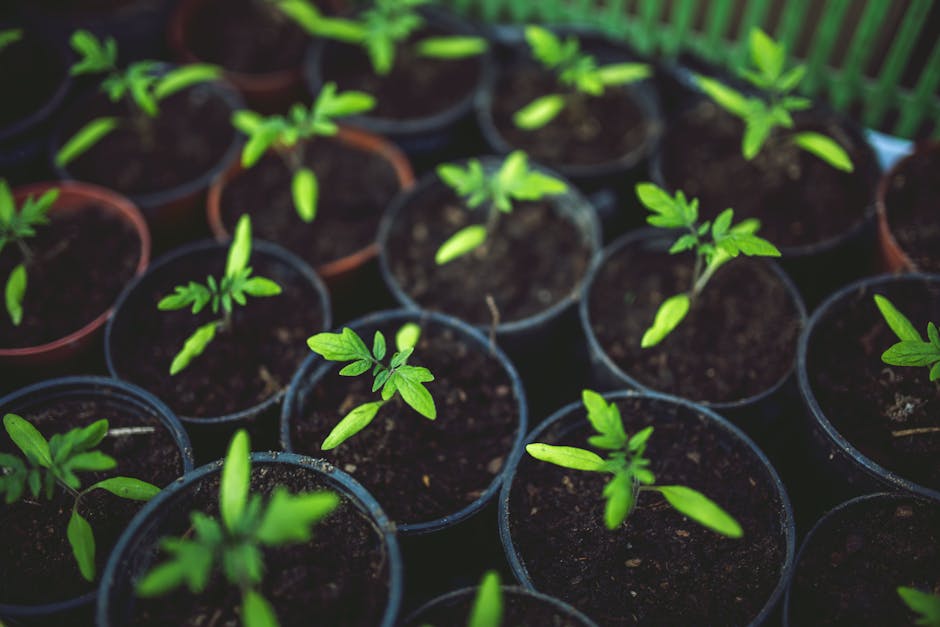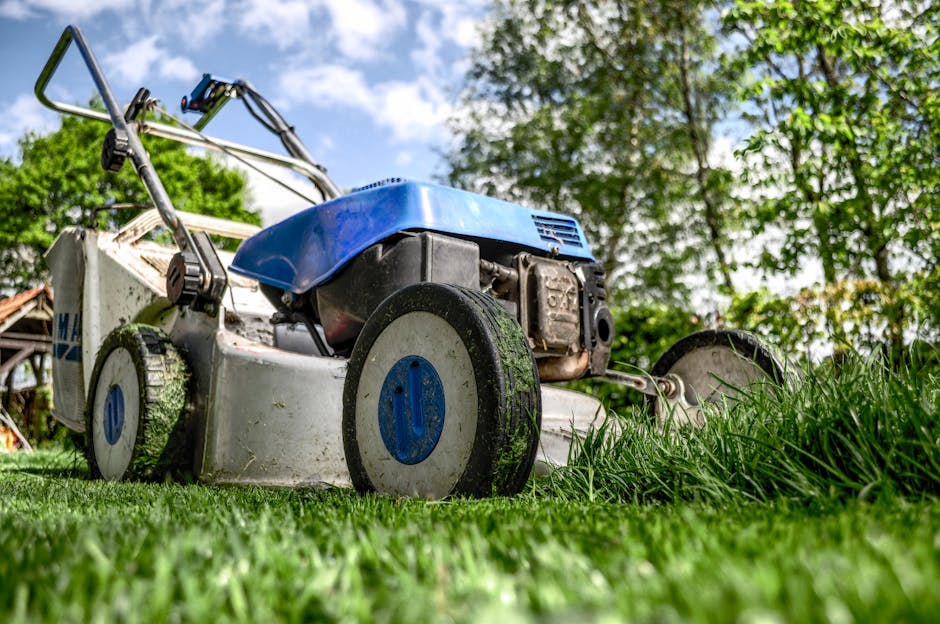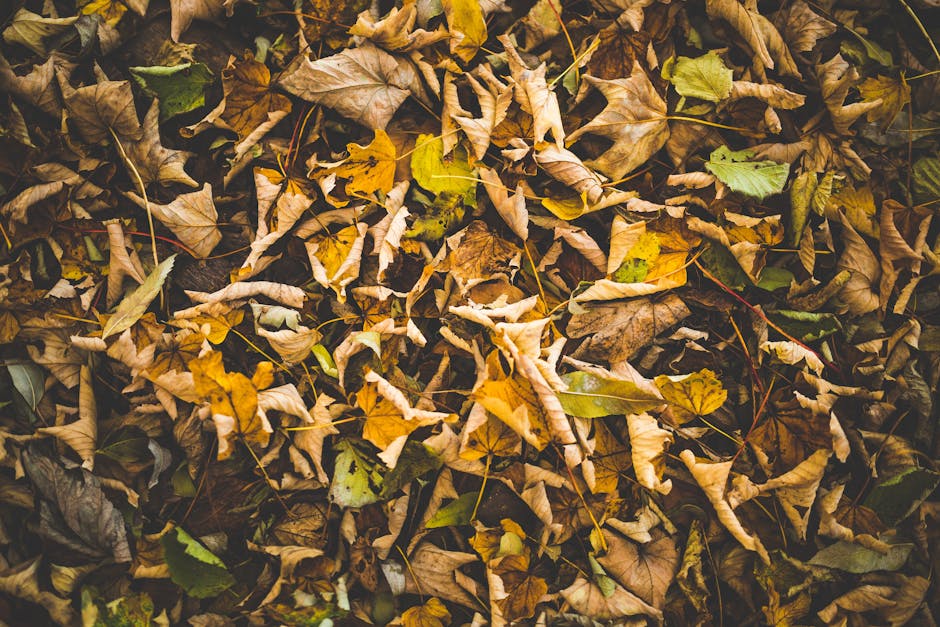Can we just be honest with you for a second? This is the literal truth. Our favourite word in the entire English language is “mulch”. Yup. Of all the words we could have picked from all of the pages in all of the dictionaries, we would pick mulch. We’re not saying we would get it tattooed across our knuckles (the C and H would both go on the same finger), but as a pronounceable word, mmmmmmmm, it doesn’t get much better than mulch. There are some strong contenders, like ‘sonder’ and ‘epicaricacy’, but mulch pips them both to the metaphorical finishing line for the simple fact it is a joy to say. Mulch. Mulch. Mulchy-mulch.
What. A. Word.
However, much like sonder and epicaricacy, not many people know what it means, which is why we have made it our mission to amend this, and we’re going to amend it today because there is no better way to symbolise just how efficient we are as a company. See what we did there?
Anyway, before we start, we just want to apologise for the amount of times we are going to use the word mulch. It’s a problem we have, but we’re going to see a therapist about it very soon.
(Oh, and don’t worry, we’re not monsters, we’re going to tell you what sonder and epicaricacy mean too. We’re just going to hide their meaning amongst this beautiful blog so that it becomes a fun little game of eye-spy where you get not one, not two, but three reasons to read on. Now that is what we call good value).
The Meaning Of “Mulch”
To strip it right back and give it to you in the most Plain Jane way possible, mulch is pretty much any material that has been spread over an area of soil as a covering. It is as simple and unglamorous as that.
Of course, this hasn’t answered many questions and so you are probably still tapping your finger against your chin wondering why anyone would bother. In all honesty, the reasons why people mulch differs, but mulch tends to be used as a way of retaining moisture in the soil, stopping weeds from growing, keeping soil at the right temperature (cool in the summer and warm in the winter) and, most poetically of all, to make your garden look more attractive than an African sunrise: beds, lawns, whatever.
The important thing to remember when preparing to mulch, however, is not all mulches are born equal. No, sir-e. So while you can indeed get synthetic mulch, we urge, plead and beg you to go down the organic route because a) it improves soil fertility and b) it decomposes, which is as good for your dwindling time on this planet as it is for the environment.
Here Are Our Top 5 Mulches:
- Bark
- Compost
- Grass Clippings
- Newspaper
- Shredded Leaves
Deciding which one is the best, however, is a fool’s game. It is like deciding which fish is the fastest swimmer by watching them try to climb a tree (sort of!). You see, each organic mulch has its own strengths and weaknesses, meaning each mulch has a specialty; an area of discussion we are about to wade into armed with both research and experience:
/Grass-mulch-GettyImages-184592833-588105445f9b58bdb3a23595.jpg)
Bark Is The Best…
Mulch to use around trees and shrubs and bushes and those garden beds that haven’t seen any form of spade or trowel in a few months-slash-years. The reason for this is pretty simple in mulching terms: they are a woody mulch, so they don’t mix well with soil – imagine water and oil – and so it can become a pain in the you-know-where if you have to keep moving the mulch aside just to make way for some newer and fresher planters. That’s the bad news. The good news is, this woody mulch lasts way, way longer than the finer mulches on our list. Ipso facto, it is great for the areas around your trees, shrubs, bushes and neglected – I mean, less maintained – garden beds.
Sonder: the recognition that each passerby has a life as complex and vivid as your own.

Compost Is The Champion…
If you are looking for a great all-rounder, a sort of Andrew “Freddie” Flintoff type mulch. This includes composted manure. Wear them as a fine coat of mulch that covers everything and anything, or use it specifically to dress your plants during the growing season, which will not only keep your plants all snuggly and warm but also encourage a growth spurt by slowly releasing the nutrients. In the same way a bowl of porridge keeps you energised until elevenses, compost mulch will keep your plants energised until their growing is done. Come on, let’s hear it for compost mulch. Woop-woop.

Grass Clippings Are Great…
When it comes to crushing the hopes and dreams of any weeds that are trying their luck in the more remote areas of your garden. The reason we say “the more remote areas of your garden” is because we care about your health and sense of smell in equal measures. You see, grass is considered to be a green debris with a super-duper high water content which, in Layman’s terms, means it decomposes rapidly, stinks more than a used nappy and becomes more slippery than a cartoon banana skin covered in the kind of slime Pat Sharp used in his Fun House. It is a fantastic mulch, you should just use it with discretion, that’s all. The big problem comes when this grassy mulch mats down because, when that happens, it prevent water getting through, which isn’t ideal. The best way to avoid this is through the medium of a mulching mower (how rock and roll does one of them sound!), which will allow you to leave your clippings on the lawn and let them do their thang (read: add fertility to your soil).

Newspaper Is (For The Sake Of Alliteration) Narvellous…
This mulch is becoming more popular than Harvey Weinstein’s unpopularity (ooooo, topical). The reason for this has as much to do with the newspaper printing world as it does with gardening innovation because most newspapers now use organic dyes, which is rather thoughtful of them. Of course, if you have worked in the shipping industry, you will have no doubt performed a tut already, muttering to yourself about how newspapers were used way back in 1867 to keep plant roots moist while in transit, or something like that. Anyway, to use your old newspapers as a mulch in your backyard, simply spread them around your plants – about six to eight sheets thick – and then moisten them to keep them in place. The benefits? Well, not only do newspapers have great moisture retention, they are also fantastic at fighting off weeds and keeping soil temperatures perfect. So, yeah, take that you stupid news apps.
Epicaricacy: when you take pleasure in other people’s misfortune (aka sibling rivalry).

Shredded Leaves Are Lovely…
Ahhhhh, the shredded leaf, natures most favourite, most revered and most celebrated mulch. Not only can you use this mulch absolutely anywhere your heart desires, it also has the added bonus of being free (not to mention it entices more earthworms, which is great news for your garden). However, the reason why most gardeners refrain from using a leafy mulch is they are a proud breed of people who don’t like the look of leaves in their garden. That is where we become the bearers of amazing news because, if you are one of these proud individuals, you’ll be pleased to know there is a way around this eyesore, and it is called early-spring. Spread your leaf mulch out in spring and you’ll find it very quickly becomes camouflaged. Anyway, the perfect place to spread this mulch is in woodland gardens although, in the autumn, they are ideal for vegetable gardens too because it will have time to properly decompose over winter.
And with that, there isn’t much more we can say about mulch. I mean, we could delve into straw and hay and all those synthetic-slash-inorganic (is that a word?) mulches, like plastic, fabrics, stone and gravel, but maybe we’ll save that for a rainy day. Yeah, we’ll do that.





